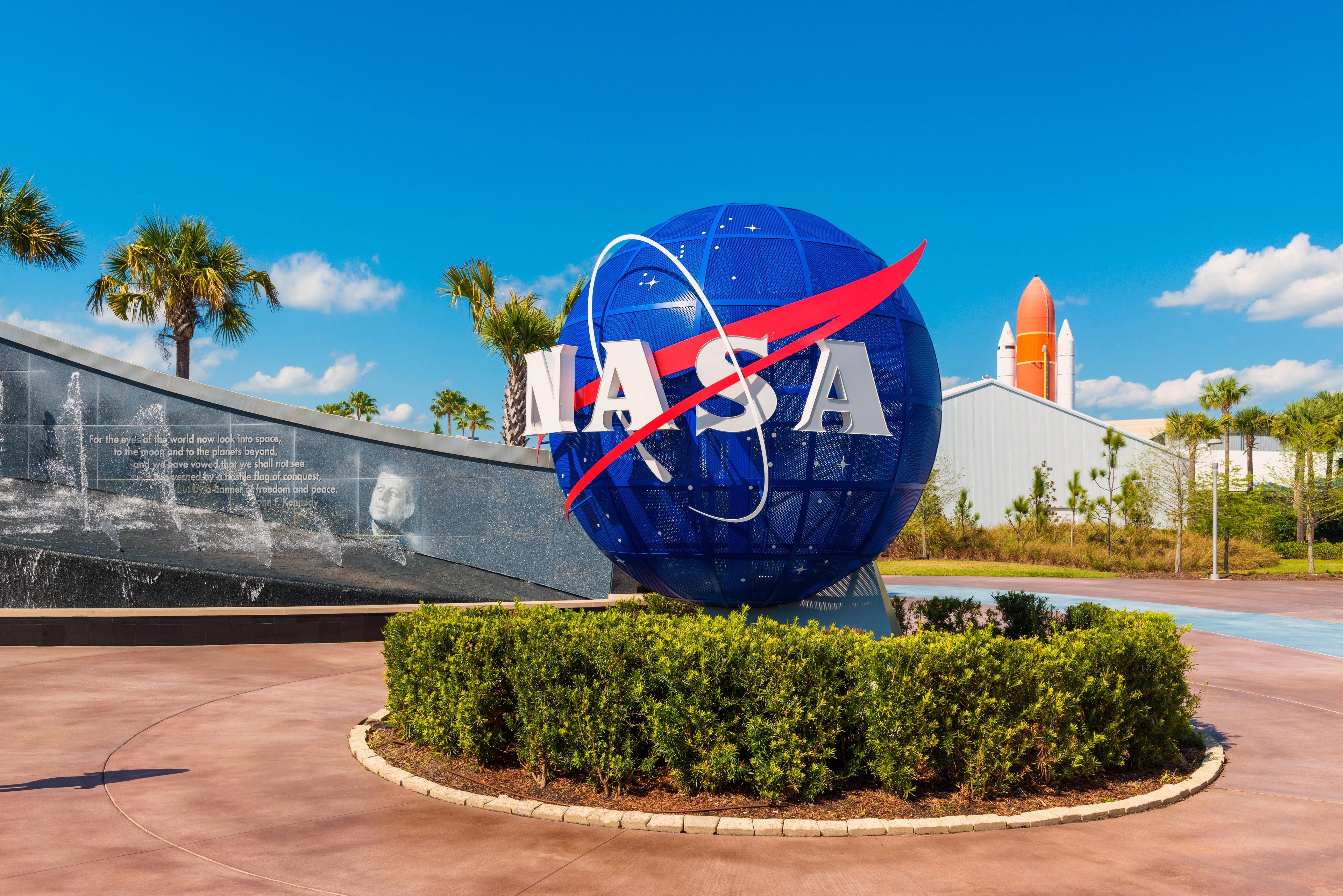Feb 7, 2023: Guest Speaker - Dr. Rana Ezzeddine
On February 7, 2023, we were joined by Dr. Rana Ezzeddine, who is an astrophysicist at the University of Florida, and whose primary interest is in stars and uncovering the mysteries behind the first stars and galaxies. She talked about her research in stellar astrophysics, galactic archaeology and formation of heavy metals in early universe.
Galactic archaeology is a field of astronomy that studies the formation and evolution of the Milky Way galaxy by analyzing its oldest stars and their chemical composition. The goal of galactic archaeology is to reconstruct the history of our galaxy, including its formation and early stages of development, and the way stars and elements were created and distributed throughout the galaxy.
During the lifetime of a star, lighter elements such as hydrogen and helium are fused together to form heavier elements like carbon and oxygen. If a star is massive enough, it can continue to fuse elements up to iron. However, elements heavier than iron can only be formed in explosive events. Collisions of two neutron stars, also known as kilonovae, can result in the formation of heavy metals.
When two neutron stars collide, they release a massive amount of energy in the form of gravitational waves and light. The intense conditions created in the collision can cause the protons and neutrons in the neutron star matter to merge, resulting in the formation of heavy elements, including heavy metals like gold and platinum. These heavy elements are then ejected into the surrounding space, where they can eventually mix with gas and dust to form new stars and planets.
We thank Dr. Ezzeddine for this wonderful and informative session, and we look forward to her research and accomplishments in this field.
Stay tuned for more Guest Speaker events this term! Make sure to add yourself to our email list and our Discord to know more about our upcoming events.






Comments
Post a Comment